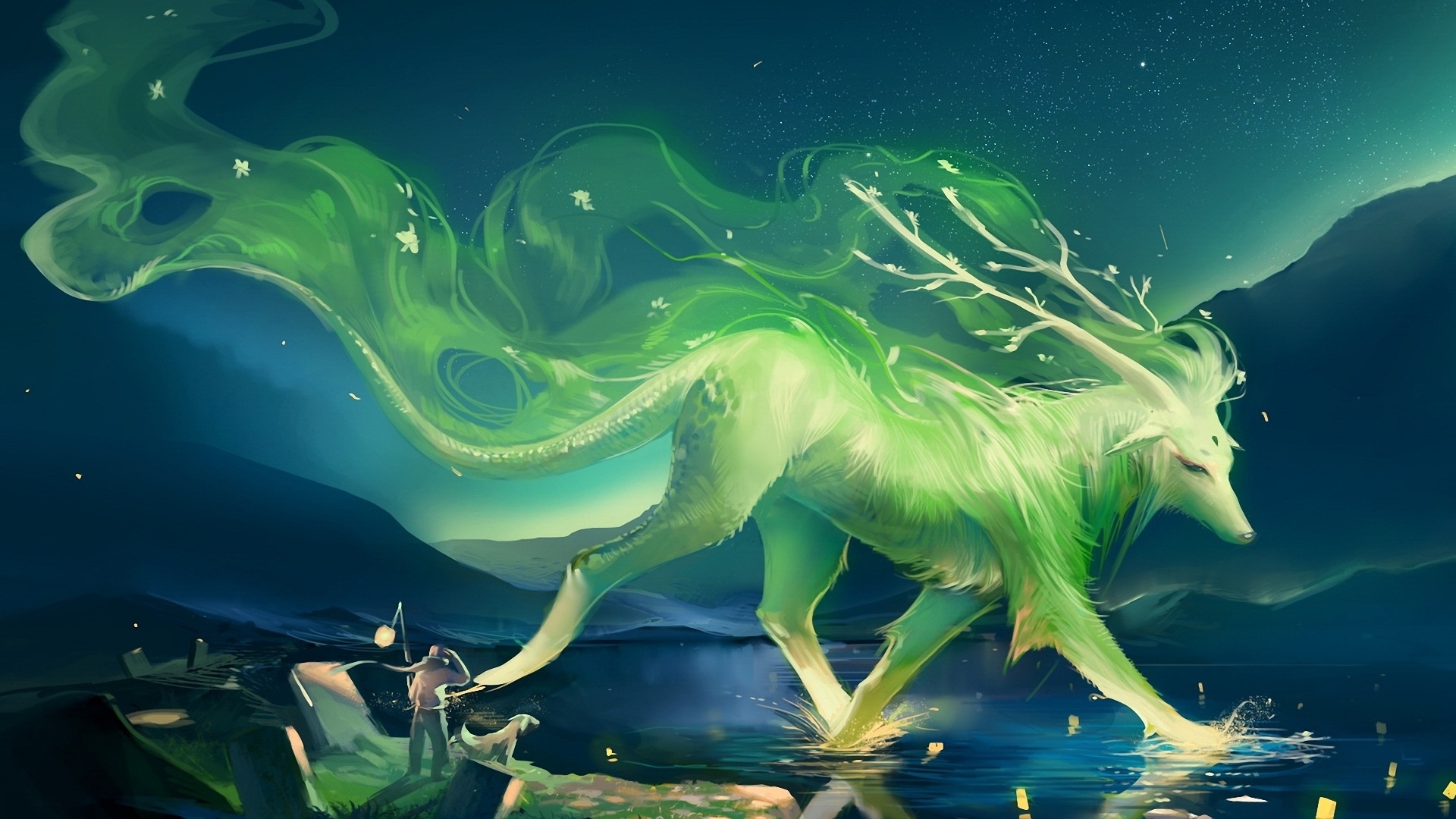
Major examples include Homer’s epic tales The Iliad and The Odyssey. The most well-known are Greek and Roman mythology for example, stories about the Greek Gods and heroes like Hercules have been retold countless times through fantasy films. Mythologicalįantasies that involve elements of myths and folklore, which are typically ancient in origin and often help to explain the mysteries of the universe and all of its elements-weather, the earth, the existence of creatures and things, etc-as well as historical events. It is also very common for stories in other genres to feature elements of fairy tales, like Shakespeare’s A Midsummer Night’s Dream, where humans are unaware that a fantasy world exists within their own. The most notable collections include Grimm’s Fairytales (Hansel and Gretel, Rapunzel) and works by Hans Christian Anderson (“The Ugly Duckling,” “The Little Mermaid”) and Charles Perrault (“Cinderella,” Tales of Mother Goose). Fairytales feature magical elements but are based in a real world setting for example, “Snow White” takes place in a human kingdom and also has a magical witch. These tales involve princes and princesses, fairy godmothers and wicked stepmothers, helpful gnomes and tricky goblins, magical unicorns and flying dragons. Short stories that involve fantasy elements and characters-like gnomes, fairies, witches, etc- who use magical powers to accomplish good and/ or evil. Tolkien’s The Hobbit and The Lord of the Rings and C.S. This subgenre became particularly popular in the 20 th century and continues to dominate much of popular fantasy today. High/Epic Fantasyįantasy stories that are set in an imaginary world and/or are epic in nature meaning they feature a hero on some type of quest. They often involve human protagonists facing supernatural antagonists-opponents like fire-breathing dragons, evil witches, or powerful wizards. Furthermore, they are usually set in medieval times. Medievalįantasy stories that are medievalist in nature particularly focused on topics such as King Arthur and his knights, royal court, sorcery, magic, and so on. There are dozens of types and subgenres of fantasy below are several of the most well-known and typically used. She stopped pouring the tea and looked up at Bear, who stared back with his glass eyes and replied, “Well Hello!!”Īs can be seen, by changing one ordinary thing into something fantastic or imaginary-like a normal stuffed animal coming to life before the eyes of a child-the story turns into a fantasy. As Susie reached the chair where she had sat her favorite stuffed bear, she suddenly had the strange feeling like someone was watching her. It was afternoon tea time, and she started serving each of her pretend friends as she did every other day.


Susie sat at her table with all of her favorite dolls and stuffed animals. A seemingly simple plotline can be made into a fantasy with just one quick moment: Nowadays, fantasy is popular across a huge range of media-film, television, comic books, games, art, and literature-but, it’s predominate and most influential place has always been in literature.įantasy stories can be about anything, anywhere, anytime with essentially no limitations on what is possible. With fantasy, the magical or supernatural elements serve as the foundation of the plot, setting, characterization, or storyline in general.

This can mean magic, the supernatural, alternate worlds, superheroes, monsters, fairies, magical creatures, mythological heroes-essentially, anything that an author can imagine outside of reality. Fantasy, from the Greek ϕαντασία meaning ‘making visible,’ is a genre of fiction that concentrates on imaginary elements (the fantastic).


 0 kommentar(er)
0 kommentar(er)
